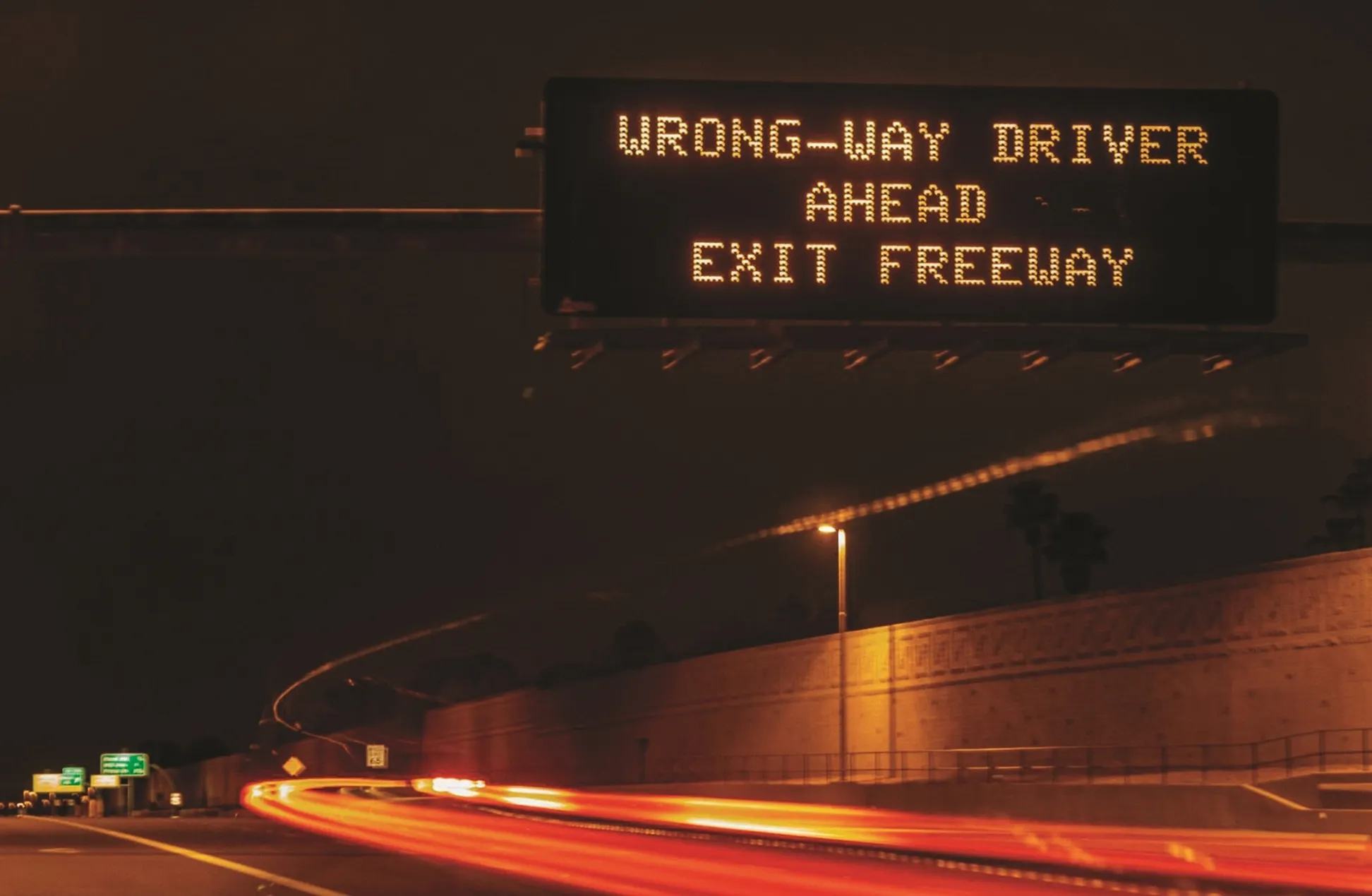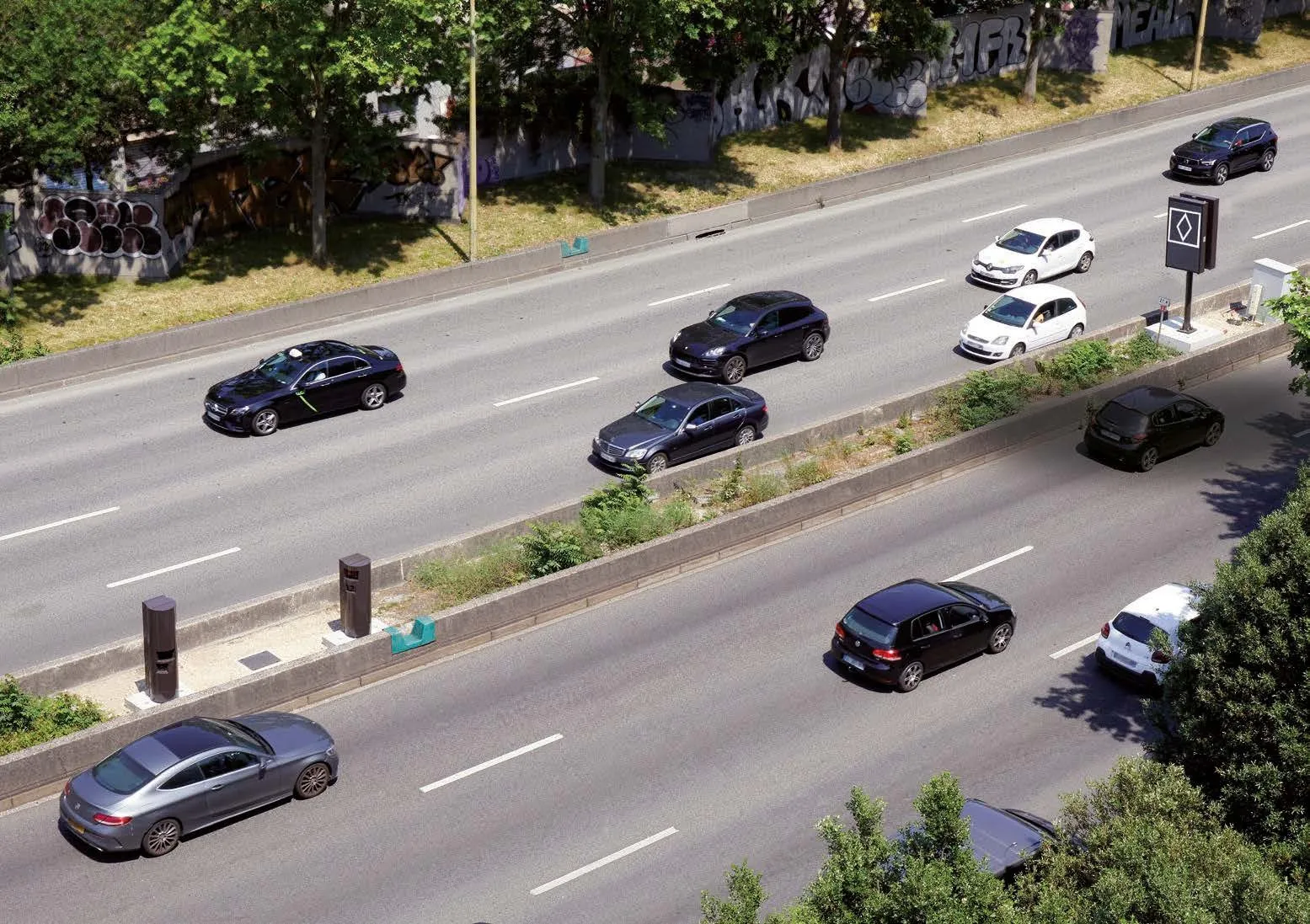This major project comprises traffic management, public transportation, driver's real time information delivery, travel time calculation based on ALPR, video surveillance, etc.
For this project, Lector Vision supplied over 70 Traffic Eye units with a multilane configuration, reading the plates of more than 130 lanes.
Tough winter environmental conditions in the city meant the ALPR system had to be able of working at very low temperatures of -30 degrees C, providing not only high performance, but also high reliability in extreme climates.
Lector Vision's Traffic Eye is an ALPR all in one unit designed for high performance and high reliability with IP67 certification. The unit includes a temperature and humidity sensor as well as an internal heater, which allows the system to increase its internal temperature to augment the dew point (temperature at which condensation is produced) or to avoid the temperature dropping below the optimum range of its internal components.
Lector Vision supplies ALPR systems for Polish Smart City project
Lector Vision has supplied the city of Rzeszow in Poland with its Traffic Eye automatic licence plate recognition (ALPR) system for the city's Smart City project. This major project comprises traffic management, public transportation, driver's real time information delivery, travel time calculation based on ALPR, video surveillance, etc. For this project, Lector Vision supplied over 70 Traffic Eye units with a multilane configuration, reading the plates of more than 130 lanes.
June 12, 2015
Read time: 2 mins









